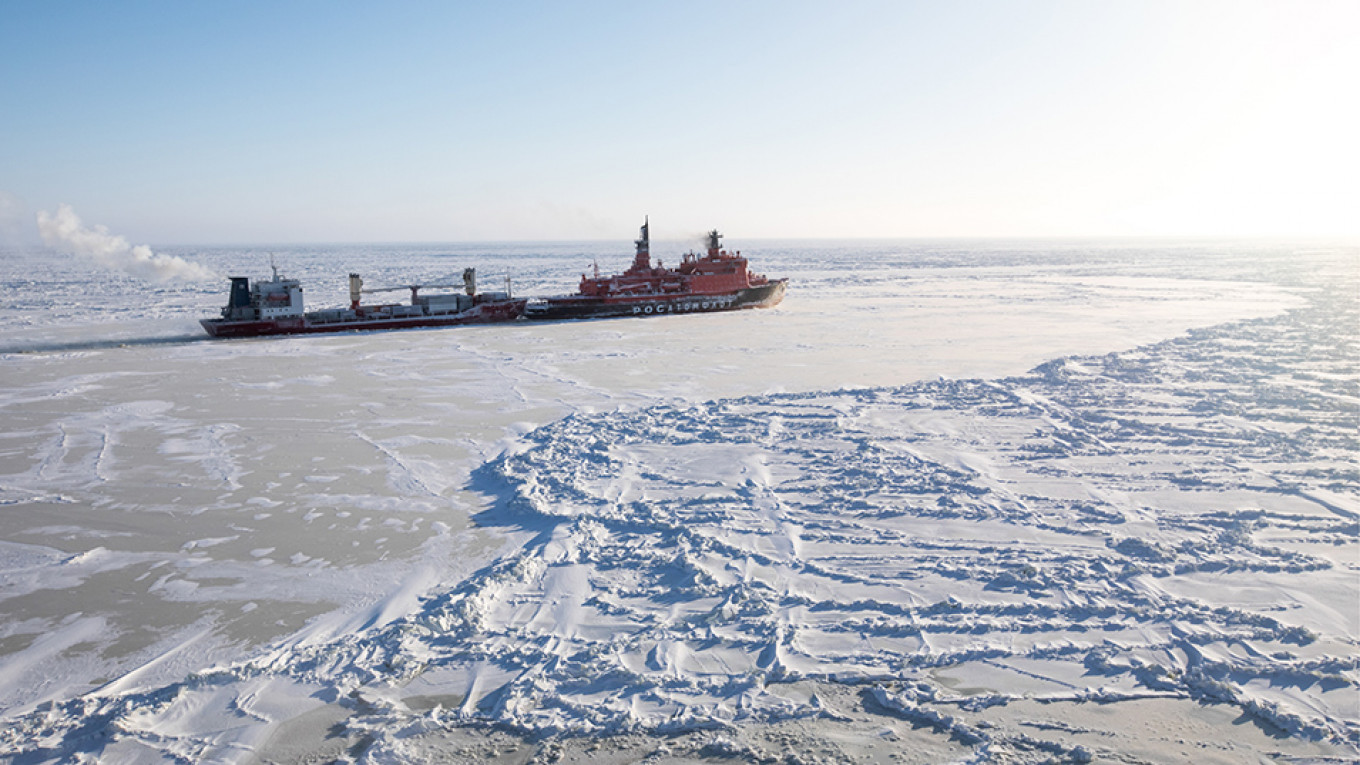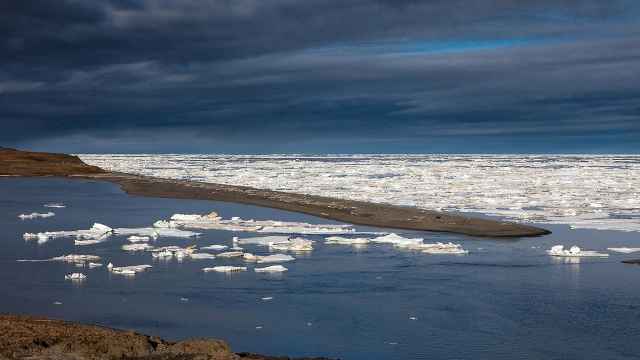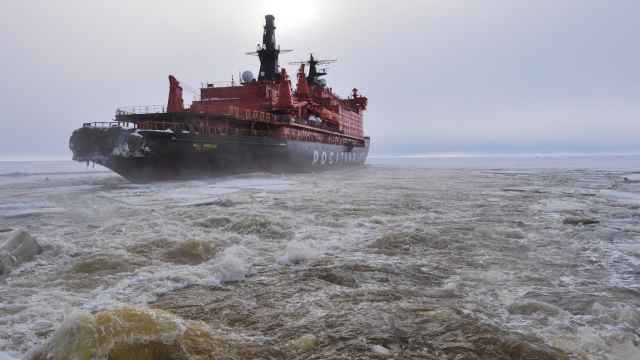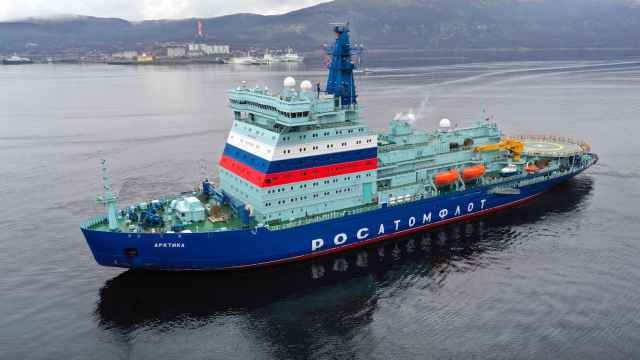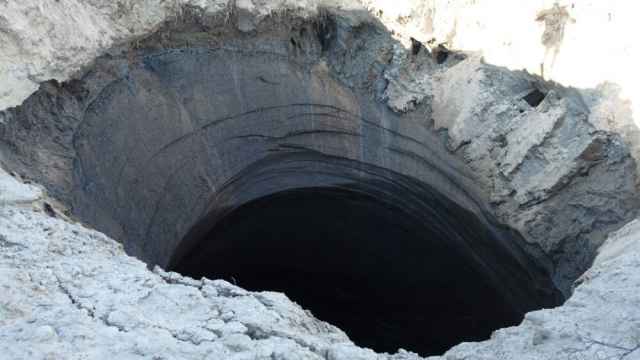Norway and Russia are at odds over a shipping route across the Arctic which is becoming more accessible as climate change reduces sea ice, Russian media have reported.
Russia is prioritizing the $11 billion development of the so-called Northern Sea Route (NSR), which requires new ports and heavy icebreakers to move goods. Running from the city of Murmansk near Russia’s border with Norway to the Bering Strait near Alaska, the NSR is significantly shorter than the Suez Canal and could cut sea transport times from Asia to Europe.
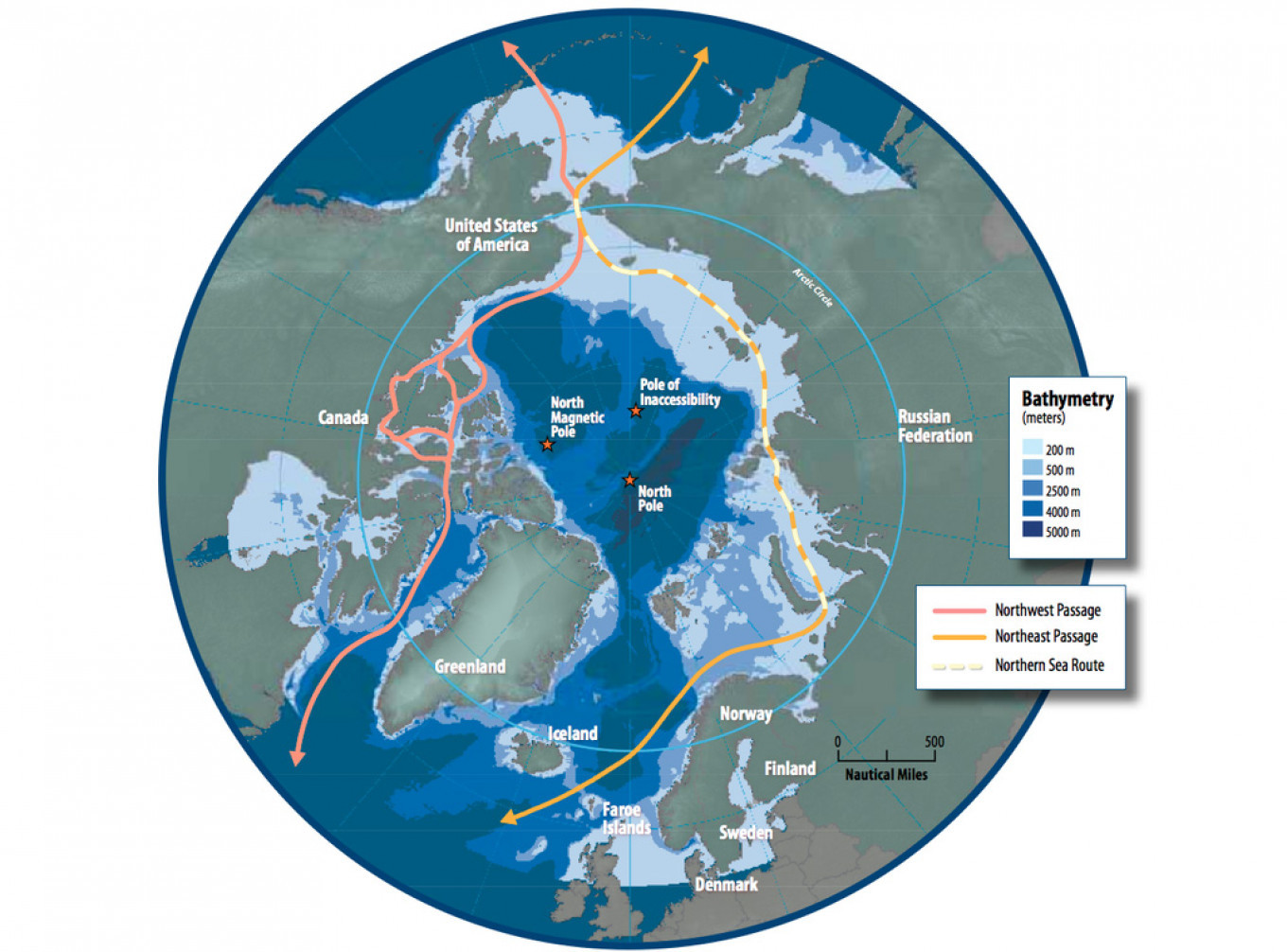
Norway doesn’t see the NSR as economically viable and plans to inspect it for environmental compliance, Norwegian Foreign Minister Ine Marie Eriksen Søreide told the pro-Kremlin Izvestia newspaper.
“As far as I can see, the NSR has serious problems with everything, from search and rescue operations and insufficient infrastructure throughout the route to an extremely harsh climate,” Søreide said in an interview published Monday.
The Russian Embassy in Oslo told the outlet that Moscow hasn’t invited Norway to help develop the NSR.
“Norway … is looking at the opportunities that will gradually open up as the route is developed, but remains an outside observer,” senior embassy official Vladimir Isupov was quoted as saying.
Russian officials have said there is strong interest in the sea route from Asian countries and that new icebreakers will allow for year-round navigation in the 2020s.
In 2018, more than 18 million tons of goods were transported on the sea route, an increase of almost 70% from 2017. President Vladimir Putin has made shipping 80 million tons of goods via the NSR a top national priority by 2024.
Ships sailing the NSR require a permit from Russian authorities.
A Message from The Moscow Times:
Dear readers,
We are facing unprecedented challenges. Russia's Prosecutor General's Office has designated The Moscow Times as an "undesirable" organization, criminalizing our work and putting our staff at risk of prosecution. This follows our earlier unjust labeling as a "foreign agent."
These actions are direct attempts to silence independent journalism in Russia. The authorities claim our work "discredits the decisions of the Russian leadership." We see things differently: we strive to provide accurate, unbiased reporting on Russia.
We, the journalists of The Moscow Times, refuse to be silenced. But to continue our work, we need your help.
Your support, no matter how small, makes a world of difference. If you can, please support us monthly starting from just $2. It's quick to set up, and every contribution makes a significant impact.
By supporting The Moscow Times, you're defending open, independent journalism in the face of repression. Thank you for standing with us.
Remind me later.


